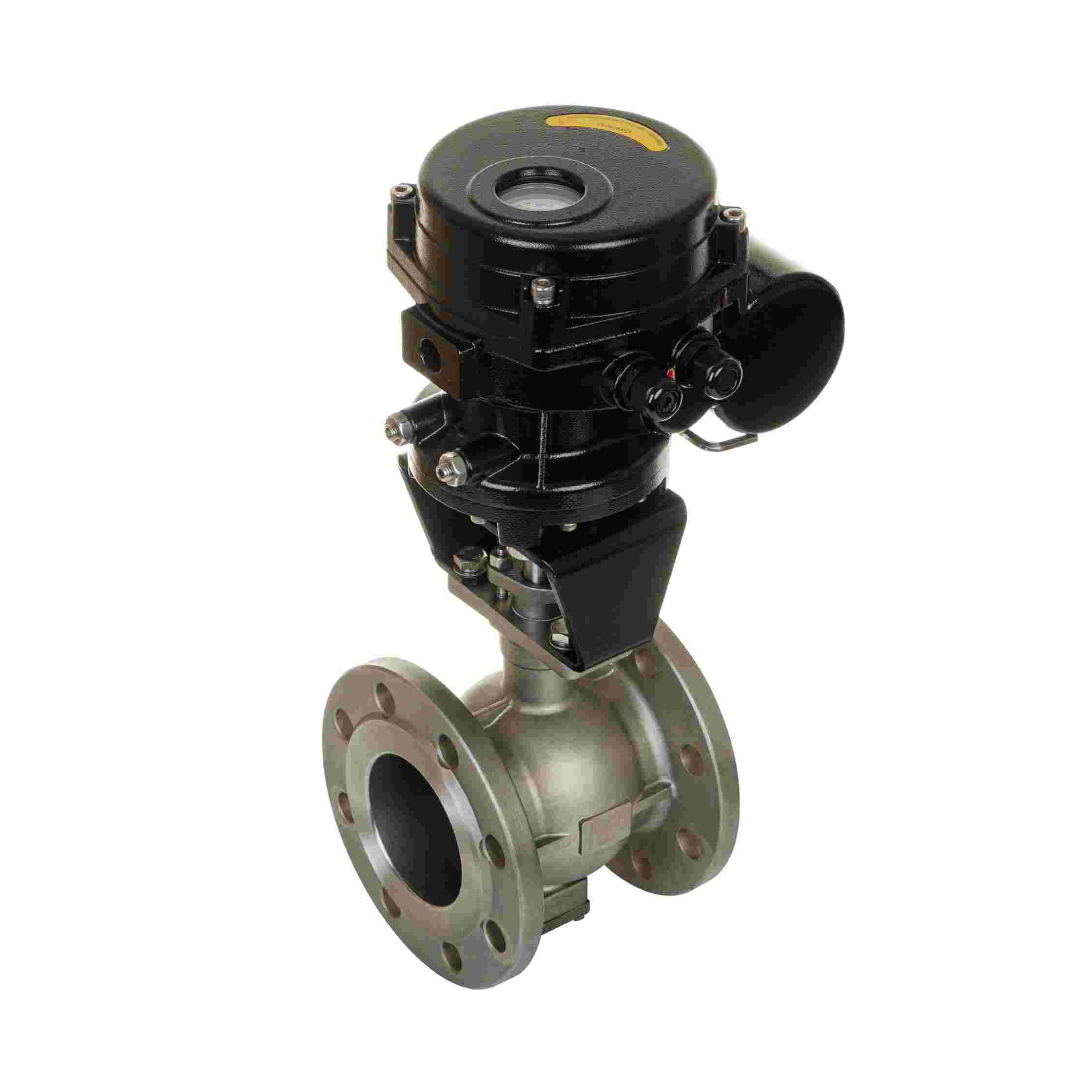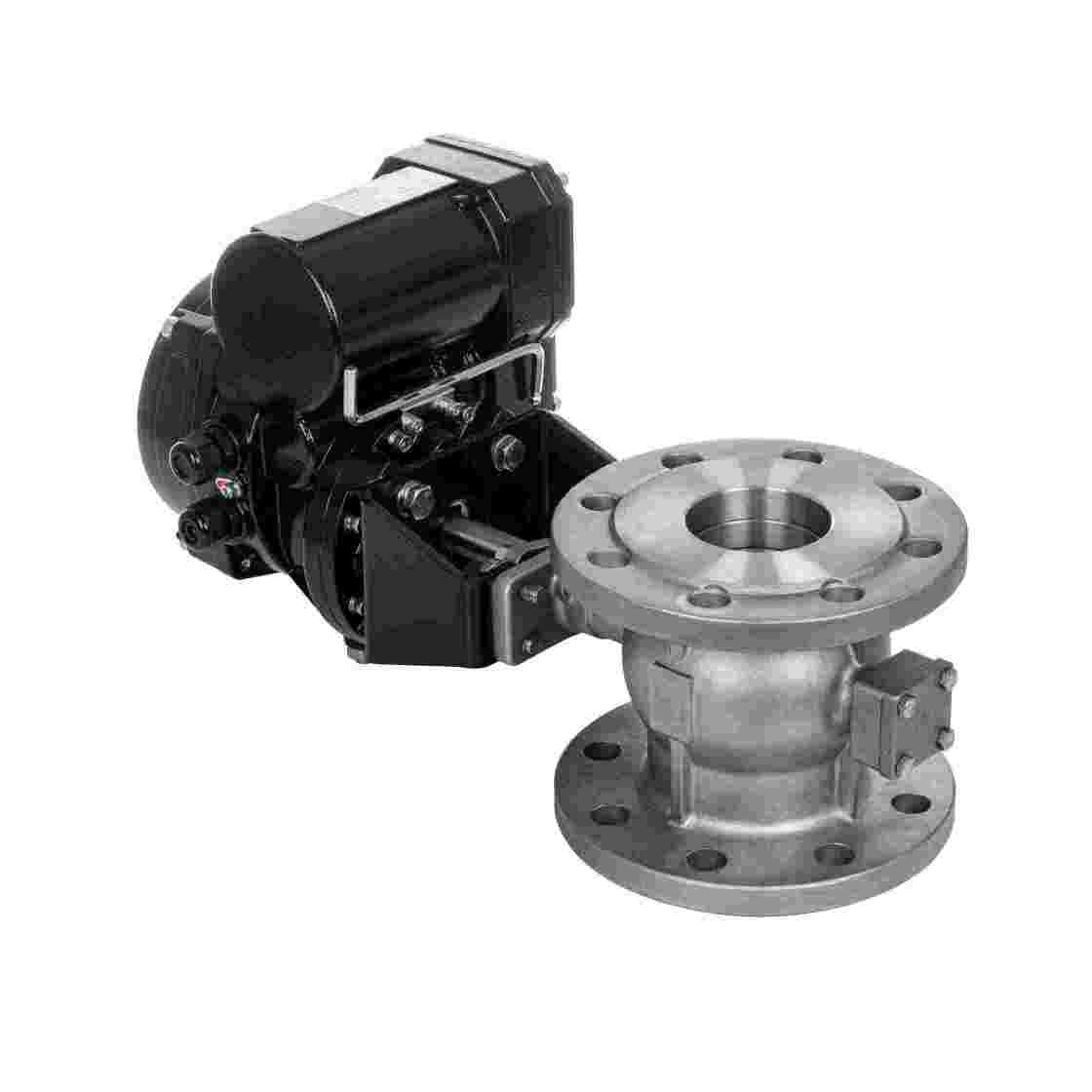
In recent years, hydrogen energy has emerged as one of the most promising alternatives to traditional fossil fuels, offering a cleaner and more sustainable solution to the global energy crisis. As the world increasingly focuses on reducing carbon emissions and transitioning to renewable energy sources, hydrogen-powered technologies, including hydrogen fuel cells and hydrogen combustion engines, are gaining widespread attention. A crucial component in the efficient and safe operation of hydrogen energy systems is the electric valve, specifically designed for hydrogen applications. These valves, known as hydrogen energy electric valves, play an essential role in controlling and regulating the flow of hydrogen in various systems.

What are Hydrogen Energy Electric Valves?
Hydrogen energy electric valves are devices that control the flow of hydrogen in energy systems, ensuring that it is distributed efficiently and safely. These valves are designed to operate within hydrogen-powered systems, such as fuel cells, storage tanks, and pipelines. They can be electronically controlled, offering precise regulation of hydrogen flow, which is crucial for maintaining the performance and safety of the system. These valves are engineered to handle the unique characteristics of hydrogen, which is a highly flammable and low-density gas, posing distinct challenges for both transportation and storage.
